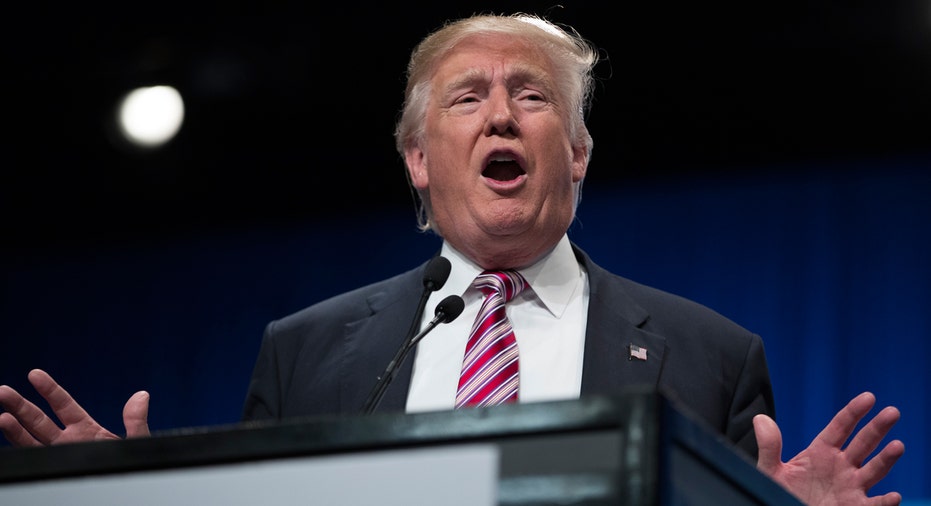Full Repeal of Dodd-Frank Isn't Main Focus of Trump Transition

WASHINGTON -- President-elect Donald Trump vowed anew on Friday to dismantle the 2010 Dodd-Frank financial overhaul, at the same time his transition team is tempering expectations for a full repeal of the sweeping law, people familiar with the matter said.
Instead, Mr. Trump's team is focused on rescinding or scaling back the individual provisions Republicans find most objectionable, such as the Financial Stability Oversight Council's authority to designate large nonbanks systemically important and thus subject to tougher regulation from the Federal Reserve.
These people said another priority is overhauling a section of Dodd-Frank, Title II, that gives financial regulators the authority to take over a failing financial firm and liquidate it -- an alternative to the government's 2008 strategy of bailing out banks by handing them equity capital.
At the same time, a Trump administration is expected to embrace other aspects of the massive law, these people said, including efforts to boost the transparency of credit-rating firms and regulate derivatives products -- the complex financial instruments at the heart of the financial crisis.
Mr. Trump's financial policy team is still being assembled and its priorities could change.
In a Wall Street Journal interview Friday, the president-elect said that financial deregulation would be a priority during his first few weeks in office to allow "banks to lend again." He said he is eager to focus on the 2010 Dodd-Frank law, which he called "a tremendous burden to the banks." He said: "We have to get rid of it or make it smaller... Banks are unable to lend. It's made our country noncompetitive. It's slowed down growth."
He noted that people who have money haven't been affected by the increased financial regulations. "I can borrow money," Mr. Trump said. "The people who are really good but need money to open a business or expand a business can't borrow money from the banks."
The transition team's blueprint on the president-elect's website states that the Trump team "will be working to dismantle the Dodd-Frank Act and replace it with new policies to encourage economic growth and job creation."
The president-elect has tapped Paul Atkins, a former Republican member of the Securities and Exchange Commission and longtime Dodd-Frank critic, to recommend policies on financial regulation. An aide to Mr. Atkins, who heads a financial regulation consulting firm, referred requests for comment to the Trump transition team, which couldn't be reached.
Much of the policy work to date appears to overlap with Republican-backed legislation to replace Dodd-Frank that was written by House Financial Services Committee Chairman Jeb Hensarling (R., Texas.). Mr. Hensarling's committee approved the bill in September by a vote of 30-26, largely along party lines. Mr. Hensarling is under consideration to serve as Mr. Trump's Treasury secretary, other people familiar with the matter said.
Unlike other parts of Dodd-Frank, Title II is staunchly supported by large banks. They say it is proof that bailouts are a thing of the past. Some Republicans, however, would rather put big financial firms through bankruptcy. They believe Title II as it stands is simply a bailout by another name.
These Republicans especially dislike a provision that allows the government to temporarily lend money to a failing bank so it doesn't collapse while the government unwinds it. In a quirk, the Congressional Budget Office views this part of the law as a liability for the federal government. That means that any legislation repealing the section looks attractive because it saves money, according to the CBO.



















